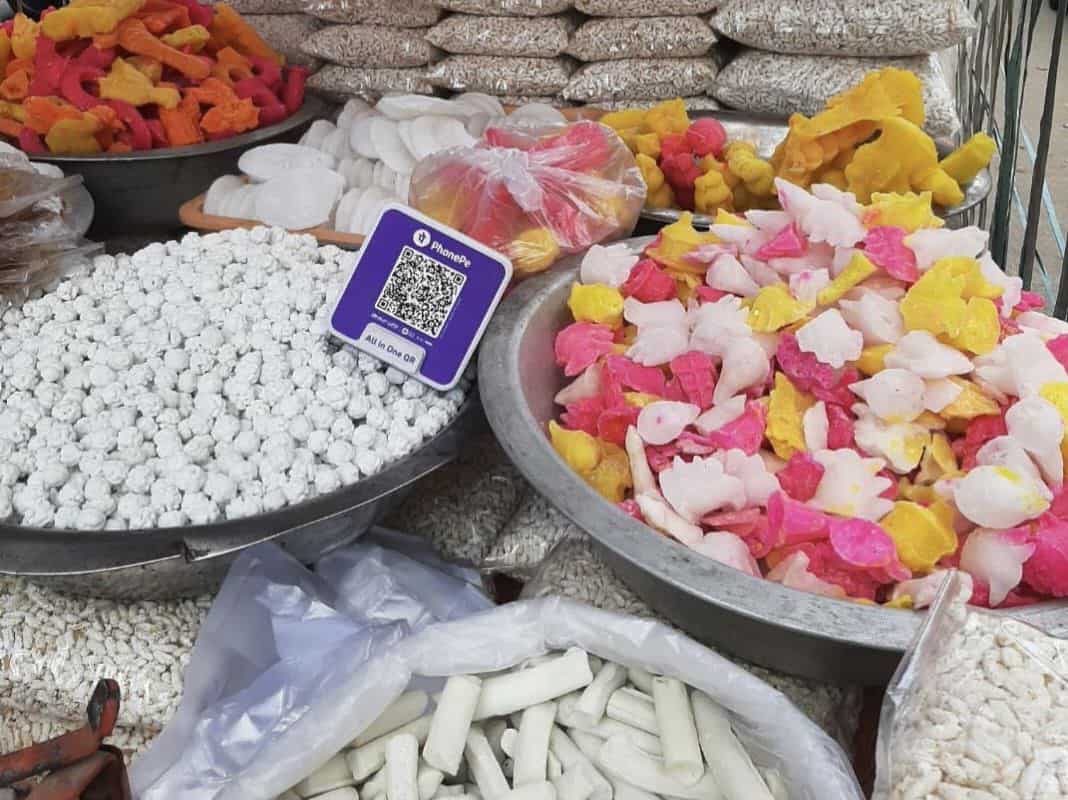
Hyderabad: With the Diwali season in full swing, the demand for traditional fruit ‘batasha’( sugar candy sweet) and ‘khilone’ (sugar toys) are up in the city.
The special Diwali sweet is prepared in huge quantities and is widely seen on pushcarts in Hyderabad during the days between Dussehra and Diwali. Also known as autumn confectionery, it is an age-old sweet, which was available from times when barfi, laddu and other sweetmeats were not common offerings. The sugar toys It is crafted into animal figures.
“Now it has become a traditional confectionery purchased during the festivals by women. A quarter of a kilogram is the only quantity purchased these days in the run-up to the festival,” Ram Gopal, a businessman from Begum Bazaar. It is more common in Uttar Pradesh, Bihar and the West Bengal States. Given Hyderabad has historic and even contemporary settlements of north Indians, the Diwali special toys are found in specific areas for sale.
Traditionally, the batashas are prepared when sugar cane is harvested around the time when traditional festivities of Dussehra and Diwali are celebrated. In north Indian families, the ‘batashas’ are dipped in ghee and offered to the fire as a ritual to ensure the prosperity of the family.
Despite the new excesses associated with the festival of lights, its sale has continued unabated. Rows of pushcarts lined at Begum Bazaar sell the confectionery. The big stores do not stock it now in Hyderabad.
“It’s always been an integral part of the Diwali festival for decades. In fact, these traditional Diwali sweetmeats are a must for devotees while offering prayers to Goddess Lakshmi,” stated Ashutosh Yadav, a vendor.
A kilogram cost Rs 200 in the market. The rise in prices of coal has also hiked the prices of the product. It is manufactured in big furnaces through a lengthy and time-consuming process. “Manufacturers are not producing on a large scale because the strength of buyers has fallen each year,” the vendor added.
Preparation:
How is the ‘batasha’ made? It’s a simple process in which sugar is boiled in water till the syrup reaches a harder consistency. The distillate is dropped onto sheets in little coin shapes. Colour is added to the syrup or it is soaked in edible colour water.

